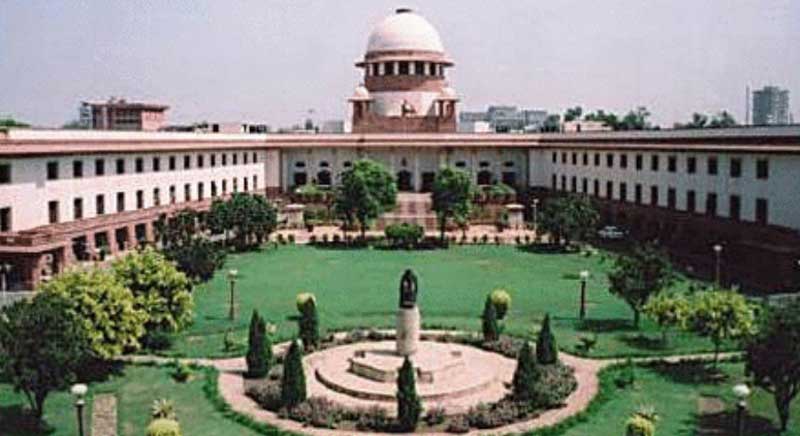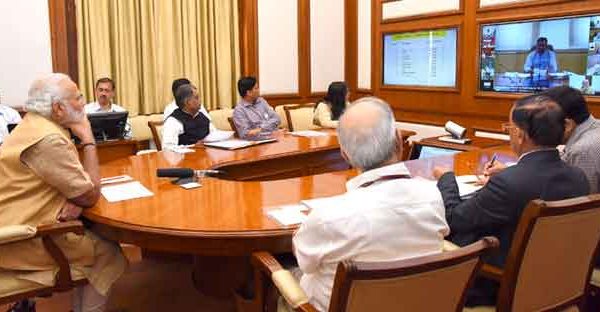A Muslim woman, who was divorced by her husband through a phone call from Dubai, has challenged the Muslim practices of polygamy, triple talaq (talaq-e-bidat) and nikah halala, leading the Supreme Court to seek response from the Centre on her plea today.
Talaq-e-bidat is a Muslim man divorcing his wife by pronouncing more than one talaq in a single tuhr (the period between two menstruations), or in a tuhr after coitus, or pronouncing an irrevocable instantaneous divorce at one go (unilateral triple-talaq).
 Nikah halala refers to the marriage of a woman with another man who subsequently divorces her so that her previous husband can remarry her.
Nikah halala refers to the marriage of a woman with another man who subsequently divorces her so that her previous husband can remarry her.
While dealing with the plea of the 26-year-old woman from Kolkata whose husband divorced her by saying talaq thrice over telephone from Dubai, a bench comprising Chief Justice T S Thakur and Justices A M Khanwilkar and D Y Chandrachud, issued notice to Ministry of Minority Affairs and others.
The court tagged the petition, filed through advocate V K Biju, with a bunch of other pleas which are scheduled to come up for hearing on September 6.
Petitioner Ishrat Jahan has sought a declaration from the court that Section 2 of Muslim Personal Law (Shariat) Application Act, 1937 was unconstitutional as it violated fundamental rights guaranteed under Articles 14 (equality), 15 (non-discrimination), 21 (life) and 25 (religion) of the Constitution “in so far as it seeks to recognise and validate talaq-e-bidat (triple talaq) as a valid form of divorce”.















